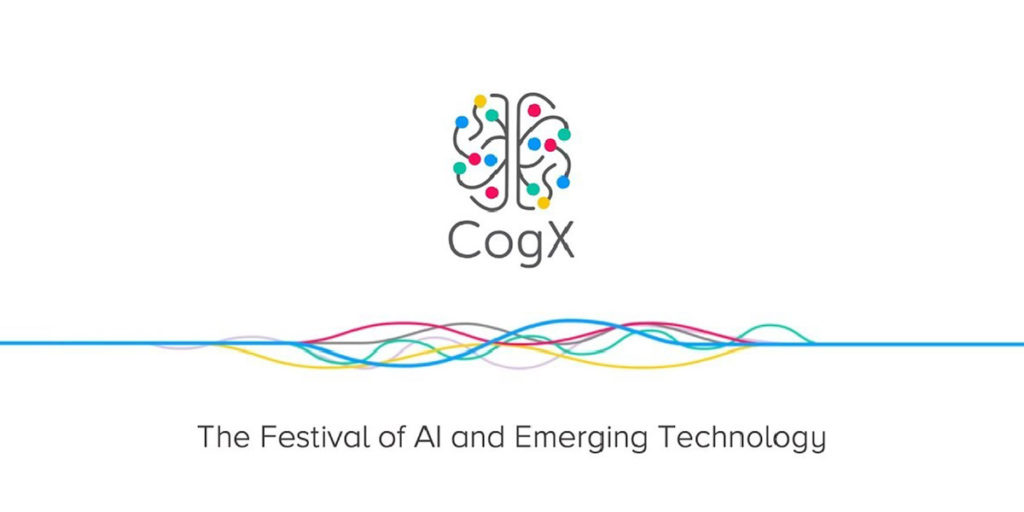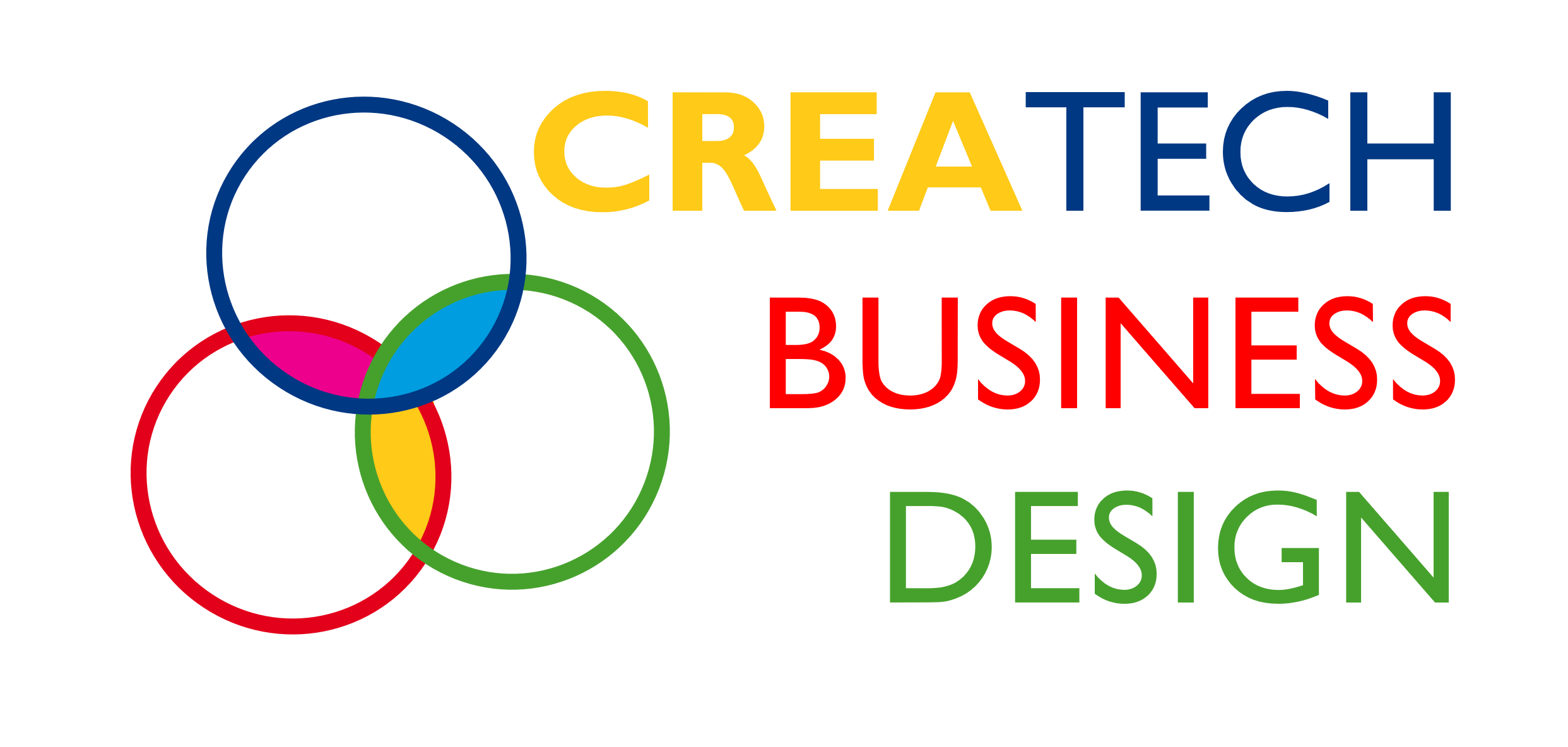DESIGN PROCESS
&
CREATIVE FUTURES

Mindful Technology Leadership for Tomorrow’s Moonshots
This decade witnessed a profound shift in the technological landscape, one that might be remembered as the turning point of a new era of DeepTech: the great wave of innovation that encompasses a range of advanced technologies such as artificial intelligence (AI), synthetic biology, nanotechnology, and quantum computing.
As we embark on this new era, my thoughts immediately turn to the transition to an AI-driven society over the next ten years, and how we can ensure Designing a Mindful Tech Xperience that benefits humanity. Max Tegmark’s book, Life 3.0: Being Human in the Age of Artificial Intelligence, comes to mind as a guidebook for navigating the challenges and opportunities of this transition.
Moreover, the Quantum Future of Information Technology is an area of immense promise, with quantum computers projected to reach a million qubits and connect through a fully deployed quantum internet based on satellite constellations by 2030. As we consider the implications of these developments, it’s worth wondering if Europe can seize the opportunity to regain its technology leadership supporting the greatest DeepTech Minds to become a Quantonation and be more ambitious with a New Space Alliance.
 Photo of la Manche / the Channel between France and England taken by Thomas Pesquet during his last mission at the International Space Station sent by SpaceX’s Crew-2 for NASA, ESA & JAXA
Photo of la Manche / the Channel between France and England taken by Thomas Pesquet during his last mission at the International Space Station sent by SpaceX’s Crew-2 for NASA, ESA & JAXA
As we look towards the future, billionaire technology leaders are setting their sights on the next frontier of innovation, such as self-driving cars, hyperloop transportation, 6G satellite constellations, and space tourism, all expected to be commonplace by 2030. While returning to the moon is scheduled for 2025, Elon Musk is already looking beyond that, with a vision for a human mission to Mars that may drive tomorrow’s moonshots.
French astronaut Thomas Pesquet, who joined the International Space Station last year as part of SpaceX’s crew-2 mission, is now involved in the US NASA-led Artemis program for lunar exploration, in which the European Space Agency (ESA) is also participating. However, Europe faces the risk of falling behind in the race for lunar exploration, as the US and China are currently competing with two leading lunar exploration projects. It’s also worth wondering: “can Europe compete in the quantum ‘space race’?
France is keeping pace with the traditional leaders in Europe and even pushing ahead in some areas, thanks to the pioneering work of three Nobel Prize winners in physics on quantum research. Alain Aspect, a renowned quantum physicist whose work focuses on quantum entanglement and quantum simulators, has also been instrumental in advising entrepreneurs running the quantum rising star Pasqal, which may become the next French Tech champion.
Their quantum computers, along with others, are set to revolutionize life science and chemistry research, while the discovery of the mRNA molecule by three French Nobel Prize winners in 1965 was a fundamental breakthrough that enabled the rapid development of COVID-19 vaccines. With quantum computing and mRNA, the Crispr gene-editing pioneered by Emmanuelle Charpentier and Jennifer Doudna is poised to become tomorrow’s moonshot in the treatment of diseases such as cancer, HIV, multiple sclerosis, and many others by 2030.
The Future of Life in the Universe still holds many secrets, but we have high hopes for the James Webb Telescope en route to discover the origins of the Universe and study exoplanets. In addition, we can anticipate more groundbreaking discoveries in nuclear research at CERN, where Sir Tim Berners-Lee invented the World Wide Web in 1989. From Web 3.0 to Life 3.0, it is important to be mindful of emerging technologies and to embrace tomorrow’s moonshots while reducing existential risks.
This article is part of the Mindful Future Technology series with Designing a Mindful Tech Xperience and Quantum Future of Information Technology
The Quantum Future of Information Technology
Although they may not transform information technology as a whole yet, it seems that quantum computers are already detangling nature’s mysteries, according to Wired. The speakers of their ‘Quantum Pulse’ event explained simply the secret of quantum principles, namely superposition, entanglement and interference, notably Strangeworks, which aim at making this disruptive field accessible to everyone. Oxford Quantum Circuits, the European challenger to the most known superconducting qubits developed by Google and IBM, and Riverlane, its Operating System partner, have also introduced more ways to build those logical quantum bits (trapped ion, spin, cold atom or photon) among the UK quantum ecosystem.
 A cryostat at Google’s quantum computing lab near Santa Barbara, California designed to keep a quantum chip at temperatures close to absolute zero JASON KOXVOLD (source: Wired)
A cryostat at Google’s quantum computing lab near Santa Barbara, California designed to keep a quantum chip at temperatures close to absolute zero JASON KOXVOLD (source: Wired)
A decade ago, I was fascinated by the disruptive potential of the quantum cyber-communication solution developed by SeQureNet; it may have been too early since the startup has failed. Recent online events dedicated to quantum were a great opportunity to catch up with the new European quantum Tech rising stars members of the DeepTech cluster Systematic Paris Region. I have also realised that UK companies are now partnering with the French ICT leaders to develop quantum networks based on the quantum key distribution (QKD) for cryptography. Another promising application is the development of quantum sensors to improve measurements with a new European leader in photonics and quantum technologies.
During this new decade, the tech giants have to compete with startups that are building quantum computing solutions to solve complex simulation and optimisation problems applied to pharmaceuticals, finance or energy. In this way, Pasqal is deploying quantum processors on-demand above 100 qubits and towards the 1000 qubits threshold, which allow testing concrete use cases in partnership with quantum companies and multinational end-users. The European information technology industry is also preparing for a quantum future, building the next generation of cryptography and electronics thanks to collaborative projects and leveraging ESA’s agenda 2025 to deploy quantum communication in space.
In addition to Wired’s content, French speakers can listen to the podcast Decode quantum to learn more about the discoveries of the 3 quantum scientists who have understood the power of entanglement almost 40 years ago. Since their initial experiments, 3 French Nobel laureates have accelerated the second quantum revolution, which may one day create bio-inspired artificial intelligence based on quantum cognition and neuromorphic computing.
Designing a Mindful Tech Xperience
Events switched to a virtual experience during this global crisis triggered by the Covid-19, CogX organised in June 2020 from London was no exception. CreaTech Festival gathered forces to bring Creative Industries together with CogX Festival of AI and Emerging Technology that covered 17 other topics from HealthTech to Smart Cities, FinTech to Blockchain, EdTech to Industries 4.0.
CogX Festival supplements CreaTech Festival among the London Tech scene but competes with the Paris-based VivaTech cancelled this year. I mentioned both events at their inception in previous articles about the emergence of CreaTech Hubs and the move from French Tech to Crea Tech. In my view, CogX brought Tech event organisation to another level aiming at designing a Mindful Tech Xperience for a better future society.

In line with my previous articles, I envision CreaTech as a starting point for creativity & innovation to connect different fields instead of predefined creative sectors such as FashionTech or Digital Media. Furthermore, the CogX Festival also raised long view issues related to ethics & society highlighting current trends in AI from fundamental research to cutting edge technologies, or the so-called DeepTech, to foresee different applications for our future of work and education. CognitionX is building a knowledge-sharing platform and has launched a series of virtual weekly events CogXtra to ensure a responsible transition to an AI-driven society for the next 10 years.
The 2nd CogXtra event addressed the question of The Tech We Want that sounds even more important in a world in crisis. The main challenge is to empower citizens, as explained in a fireside chat with Taiwan’s Digital Minister Audrey Tang, who showcased how CivicTech could help to beat the pandemic and fight against misinformation.
Ultimately, we should ensure AI & data works for people and society thanks to independent organisations like Ada Lovelace Institute, the co-curator of this CogXtra. We need to deal with several issues behind the design of global AI superpowers racing to create an Artificial General Intelligence (AGI), listening to Ben Goertzel, who believes in the decentralisation of such global intelligence.
I recommend you to watch the panel “How Autonomy Fosters General Intelligence in Robots” from CogX 2020 to understand ethical issues raised by Sam Williams who challenged Ben Goertzel about the risk of losing control in a decentralised network. In contrast, Ben reminds us of the risk of global powers led by totalitarian regimes controlling an AGI that may happen sooner than we think in his point of view.
The complementarity between Hong Kong and Shenzhen for DeepTech
The StartMeUpHK Festival has showcased the strengths of the city as a start-up hub, namely retail technology, fashion technology, smart city, financial technologies and digital health. This innovation hub takes advantage of the proximity with Shenzhen: The Silicon Valley of Hardware to manufacture electronics and to develop new technologies. That’s why the Hong Kong/Shenzhen Innovation and Technology Park is seen as a relevant scheme to associate the innovation excellence of both cities. This innovation centre should foster Deep Tech such as Artificial Intelligence, robotics or electronics.

The drones leader DJI has just opened a lab HKUST-DJI at the university where the startup was created before moving to Shenzhen. Since Hong Kong startups can benefit from the hardware ecosystem at their doorstep with electronics made in Shenzhen, they should focus on software technologies based on artificial intelligence to program drones, robots, etc. As an example, the Shenzhen-based company Huawei has set up an R&D centre Noah’s Ark Lab in Hong Kong dedicated to artificial intelligence. Other mainland companies may follow this strategy.
Hong Kong gathers leading technologists and scientists through high-level international universities that can transfer disruptive Deep Tech to well-established companies. They should also create startups with the support of entrepreneurship centres and startup platform such as HK X Tech who were mentors at the last Startup Weekend (which I helped organise with the HKUST). Startups accelerators are also great innovation catalysts to support DeepTech development. As an example, the accelerator Zeroth.ai envisions Hong Kong as a leading hub in Asia for Artificial Intelligence.
This article is part of the Hong Kong — Shenzhen Innovation Hub series.
